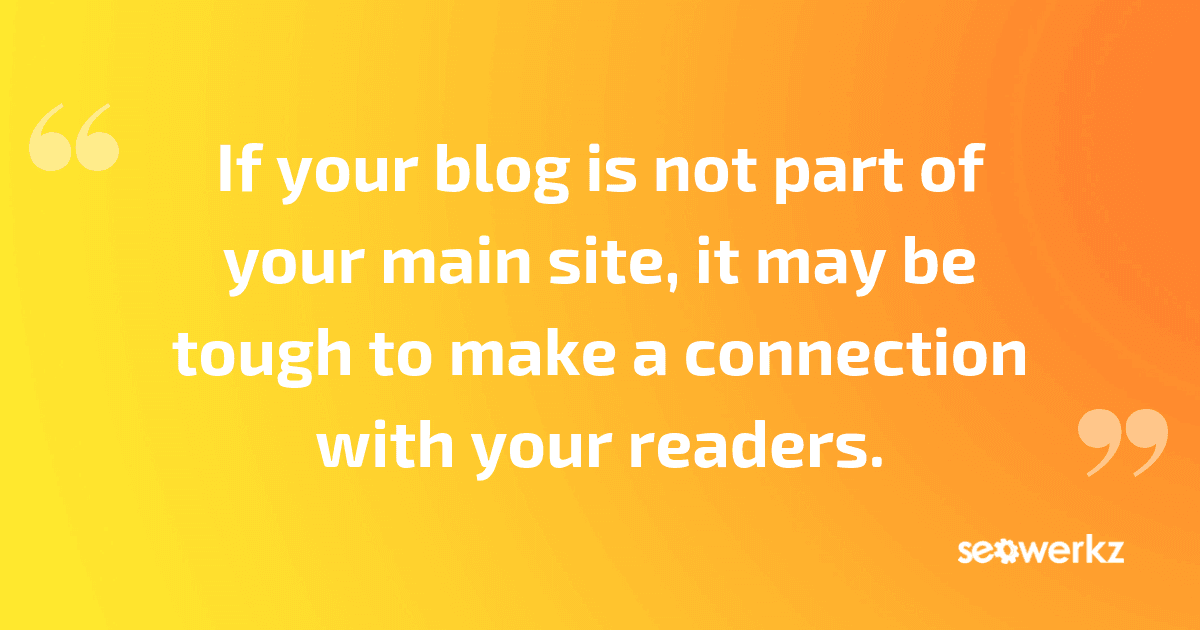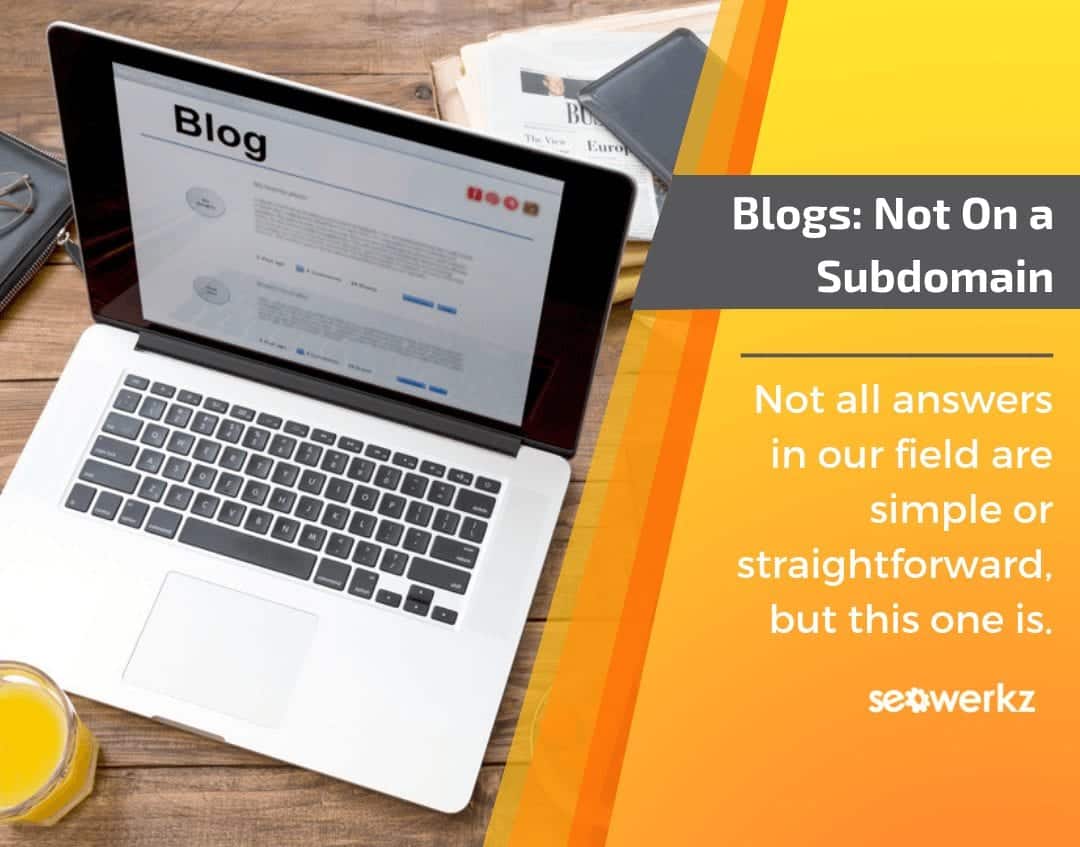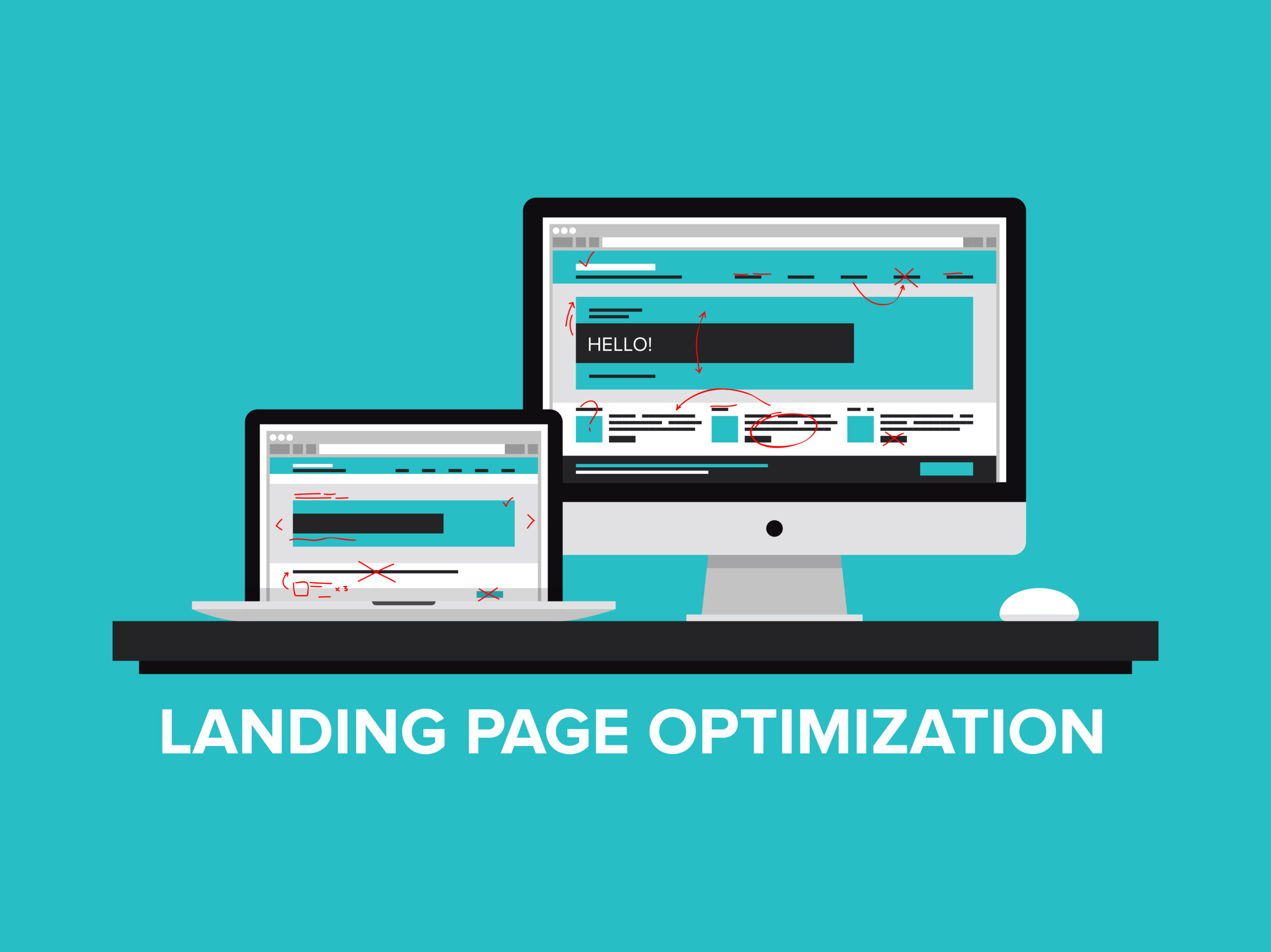Why Your Website’s Blog Should Not Be on a Subdomain, Part 2
June 17, 2021In part one of this two-part blog, we laid out some of the primary reasons why, if you’re using a website blog for any SEO purposes whatsoever, this blog should be on your root website and not a subdomain. This latter option, which effectively removes the blog from your own site and brings it to another, creates several complications based on the way Google and other crawlers evaluate you.
At SEO Werkz, content creation and marketing are some of the foundations of our search engine optimization services. In today’s blog, we’ll go over a few more important factors here regarding subdomains and why they’re not a great idea for your blog, including a few areas that aren’t even directly related to SEO itself.
Internal Linking Issues
One of the single largest issues created by using a subdomain for your blog content, thereby splitting your site into two parts, is with internal linking. Links that come from your subdomain blog back to your root site will be considered external links, rather than internal – they won’t do as much good, and in many cases will actually do harm because Google will view them as low-quality and an extension of your original domain.
Over enough time, there’s a chance Google may recognize that the two sites are related and give some consideration to links as internal. But there’s still no certainty that they’ll carry link influence over to your main site even if this happens, which is no guarantee to begin with. On the flip side, using a root website eliminates these issues altogether, as links from your blog to your main site will be unquestionably considered internal.
Non-SEO Areas
As it turns out, using a subdomain for your blog impacts more than just your SEO efforts. This begins with simple information and the “human” side of online marketing – a well-written blog helps make you more familiar and relatable, but if it’s not connected to your main website, it’s tougher to make this connection.

In addition, subdomain blogs may specifically hurt your ability to optimize your conversion rates on leads you do create. Many users of these sites report confusion about whether the two sites are related, and analytics tracking for these kinds of conversions becomes exponentially more difficult.
Cost and Ease of Root Website Blog Integration
Finally, creating a single brand that functions around your single domain, including a blog on this root website, generally is far simpler and costs less than creating a subdomain. Beyond simple hosting and maintenance costs for a second site, there are a number of hidden costs that can make their way into a subdomain situation in addition to the numerous factors we’ve discussed here.
For more on why subdomains should be avoided for SEO website blog content, or to learn about any of our internet marketing services, speak to the experts at SEO Werkz today.






